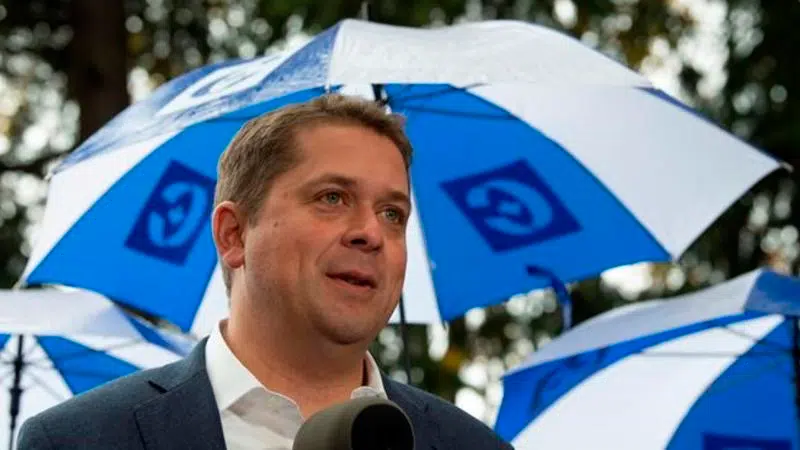
As campaign ends, Scheer says he’s proud of party’s ‘positive’ work
VANCOUVER — Conservative Leader Andrew Scheer entered the federal election campaign in September a virtual unknown to many Canadians.
What he wanted to talk to them about was how he’ll make their lives more affordable, and why the Liberals have lost what he called the “moral authority” to govern.
But what Canadians also learned about him and his party over the last 39 days didn’t always reflect that goal. Debates about his socially conservative beliefs, the holes in his personal and professional resume, his candidates with controversial positions, and his statements about opponents that had no basis in fact all clouded his central campaign theme.
He alluded to that Sunday, telling a crowd in the riding of Surrey-Newton that while the Conservatives sometimes have trouble getting their message out, they have what others lack: ethics.
